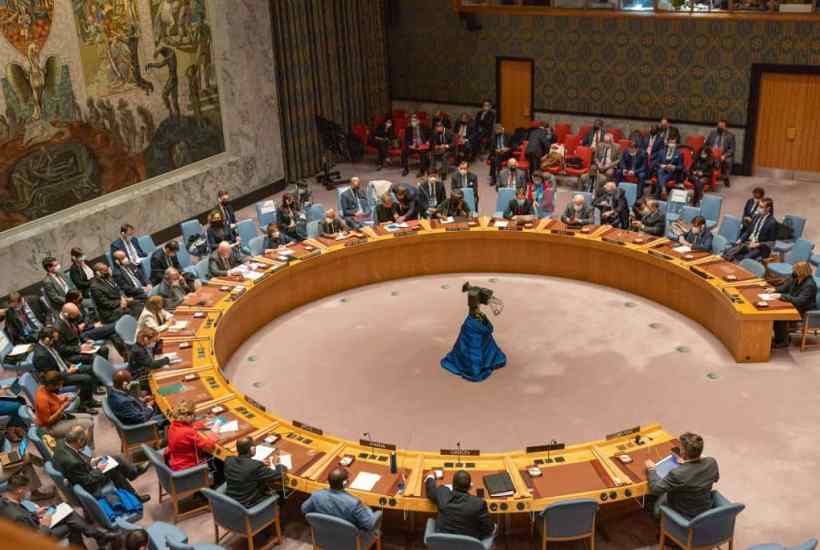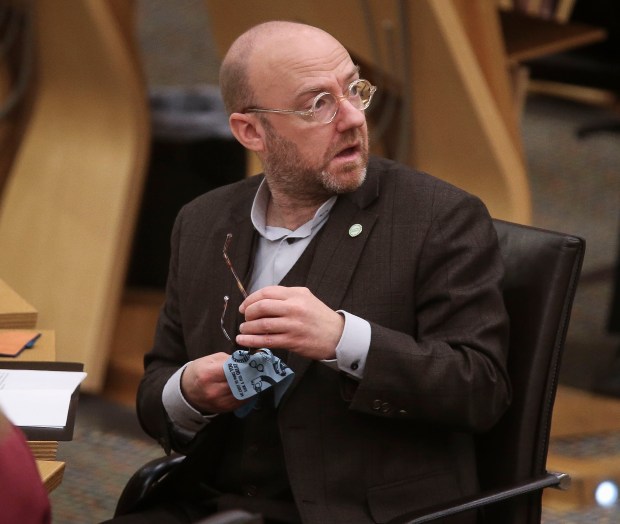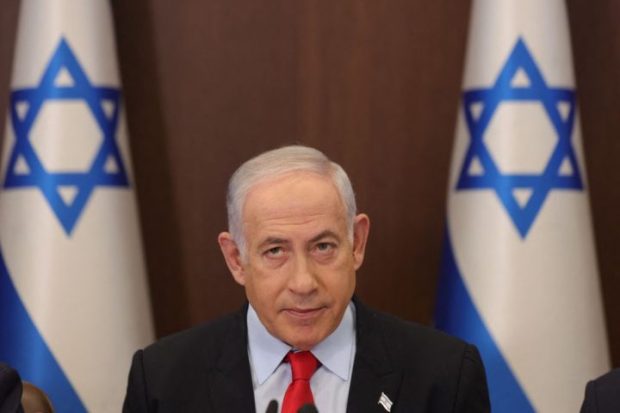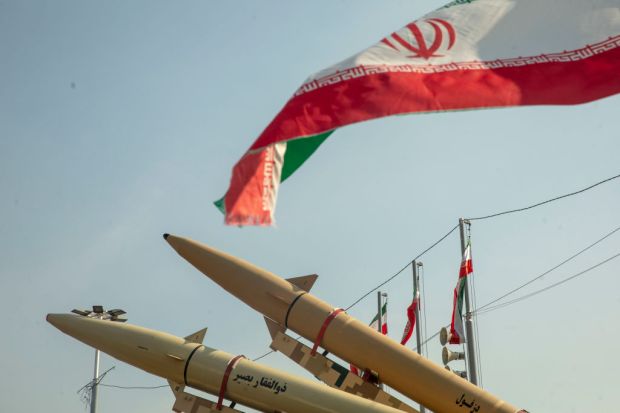When all this is over, we will have to hold a grown-up and perhaps very difficult conversation about the United Nations. No institution is perfect, or has supernatural powers to stop war or despotism, and perhaps nothing could have dissuaded Vladimir Putin from invading Ukraine. But the UN’s failure to prevent one fifth of its permanent security council from overrunning another member state should give us pause. There are the hard realities of realpolitik, of course, but there is also the question of endemic institutional failure. It may be that we will either have to change how we think about the UN or change the UN itself.
In a session of the Security Council held overnight, António Guterres, the UN Secretary-General, made a direct plea to the Russian dictator in the way only a boomer could:
‘I have only one thing to say, from the bottom of my heart: President Putin, stop your troops from attacking Ukraine. Give peace a chance.’
Even without the nod to John and Yoko it was a pitiful sight, the head of the UN begging a man set on war to lay down his arms, as though ‘peace’ is even a calculation in Putin’s strategy, as though it enjoys the same conceptual purchase among a gang of thugs and kleptocrats as it does among the salaried idealists of the UN. The failure to understand Putin and the forces that drive him and drive Russian politics is damning, not only of Guterres but of the body he nominally runs. Power, control, survival, pride: all these matter to Putin, not ‘peace’.
When he was done prostrating himself before the tormentor of Ukraine, Guterres handed the floor back to the president of the session, Vasily Nebenzya, better known as the Russian ambassador to the UN. Russia currently holds the revolving presidency of the Security Council and so its ambassador chaired the emergency session on his country’s invasion of a peaceful neighbour. It was to Nebenzya that Sergiy Kyslytsya, Ukraine’s ambassador to the UN, was forced to make his case, to Nebenzya he had to issue his appeal, ‘that your troops do not bomb and shell Ukrainian cities’. After getting nowhere with Putin’s lackey, Kyslytsya petitioned the Security Council:
‘It is the responsibility of this body to stop the war, so I call on every one of you to do everything possible to stop the war.’
He didn’t get anywhere with them, either. He couldn’t get anywhere with them because the UN does not exist to stop wars. It exists to hope that wars are stopped, to talk about the urgency of stopping them, and to pass resolutions recognising, recalling, reaffirming and requesting that they not happen. None of this is new. The UN has been feckless and indolent in the face of past outrages and will greet future horrors in much the same way. It is the world’s most expensive university seminar.
What could the UN do, you might ask. Well, what indeed? What can it do when the aggressor state enjoys permanent membership of its Security Council? The same will be true when China recaptures Taiwan, as it eventually will. The UN isn’t failing to uphold the liberal international order, mind you, because that’s not its purpose. You can’t put two of the world’s biggest rogue states on the board of Peace and Cooperation Inc. and expect favourable trading conditions.
The Ukrainian ambassador tried to point out how out of step Russia is with the UN Charter and argued that the Moscow regime was not a legitimate member. The charter says: ‘All members shall refrain in their international relations from the threat or use of force against the territorial integrity or political independence of any state.’ It stipulates that membership is restricted to ‘peace-loving states which accept the obligations contained in the present charter’ and gives to the Security Council ‘primary responsibility for the maintenance of international peace and security’. The UN Charter reads like self-satire and, while there’s plenty of hypocrisy in international relations, it’s never good when your organisation’s objectives double as punchlines.
You can’t expel every UN member-state that violates international law. If you did, the entire General Assembly would just be Finland and Norway arguing about herring, with Canada occasionally interrupting to apologise for existing. But it is possible — desirable, even — to maintain a global leadership body in which a habitual aggressor like Russia doesn’t hold a veto over everything you do. That is where our difficult conversation comes in. We will have to stop thinking about the UN as a force for peace, order and good global governance and start thinking whether it can be made into such — or whether the mission it was established to achieve would now be better pursued in a fresh guise.
Got something to add? Join the discussion and comment below.
Get 10 issues for just $10
Subscribe to The Spectator Australia today for the next 10 magazine issues, plus full online access, for just $10.



















Comments
Don't miss out
Join the conversation with other Spectator Australia readers. Subscribe to leave a comment.
SUBSCRIBEAlready a subscriber? Log in